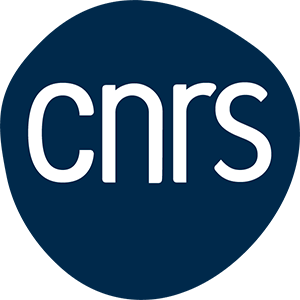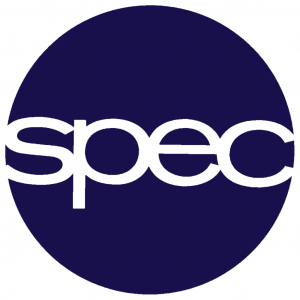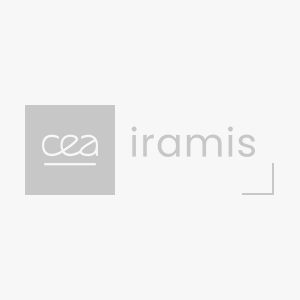Manuscrit de la thèse sur le site du groupe quantronique du SPEC.
In this thesis work, the quantum behavior of a superconducting circuit implementing a quantum bit or
qubit is studied. With the use of resonant microwave pulses the full manipulation of the quantum state of this system is demonstrated: any rotation of the state vector around the Bloch sphere can be achieved and by using particular NMR inspired sequences of microwave
pulses, the robustness of an operation against particular types of errors, like slow fluctuations of the transition frequency of the qubit, can be improved.
The phenomenon of decoherence which drives the system from a quantum behavior to a classical one, has been characterized in the free evolution regime. By properly tuning the working point in the external parameter space, the qubit can be decoupled to first order from the fluctuations of its environment, thus enhancing coherence. In these optimal conditions, low frequency charge noise probably of microscopic origin appears to be the limiting source of decoherence
for our system. The study of decoherence during driven evolution demonstrated that by suppressing the effect of those fluctuations of the environment slower than that of the driving field, the coherence of the qubit can be improved.
Finally a new non-dissipative readout method based
on microwave reflectometry has been set up, which improves the sensitivity and could in principle lead to a non-demolition measurement of the qubit state.
DRECAM/SPEC




